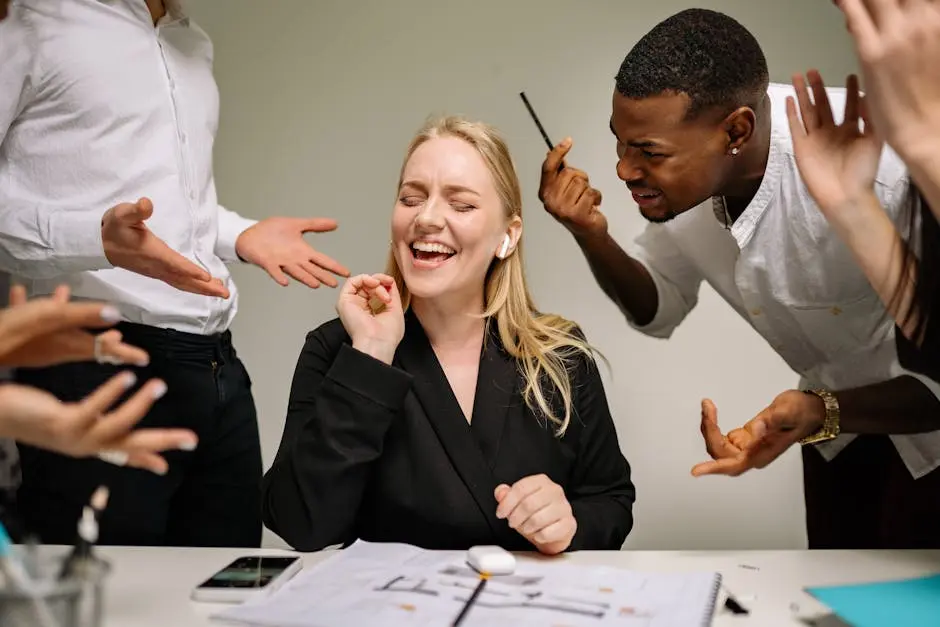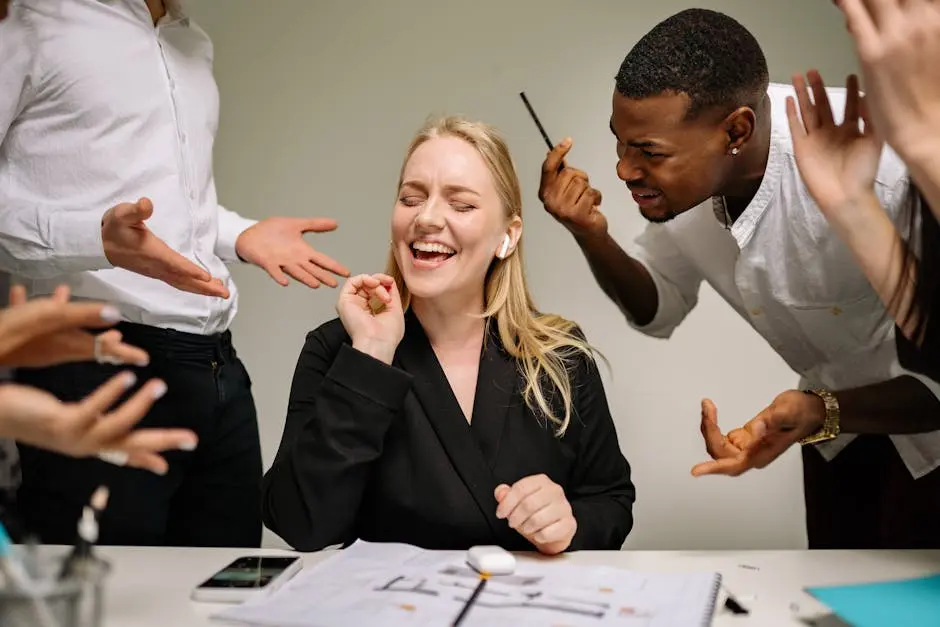Conflict is an inevitable part of life, and how we manage it often defines the quality of our interactions in schools, workplaces, and communities. Peer mediation training offers a proactive approach to resolving disputes, fostering understanding, and cultivating a culture of peace. In this article, we will explore the significance of peer mediation training and its role in effective conflict resolution.
Understanding Peer Mediation Training
Peer mediation training is a structured program designed to teach individuals, especially students and young people, how to effectively mediate conflicts among their peers. This training emphasizes active listening, empathy, and problem-solving skills.
At its core, peer mediation training empowers individuals to become facilitators of peace and understanding. By equipping them with essential mediation skills, such as conflict analysis and interest-based resolution techniques, participants can navigate complex interpersonal disputes effectively. This valuable training not only empowers them but also contributes to building a stronger community ethos.
Enhancing Communication Skills
One of the core components of peer mediation is enhancing communication. Trainees learn how to facilitate open dialogues that allow all parties to express their views and feel heard, which is crucial for resolving misunderstandings.
Active listening is a significant aspect of this training, enabling mediators to engage deeply with issues at hand. They practice paraphrasing, asking open-ended questions, and validating emotions, all designed to foster clarity and understanding. Over time, these enhanced communication skills bolster confidence in participants, allowing them to influence positive outcomes in various scenarios.
Additionally, peer mediation training helps individuals develop effective communication tools that are vital in all areas of life. From personal relationships to professional interactions, strong communication skills lead to more meaningful, productive exchanges.
Building Empathy and Understanding
Peer mediation training helps individuals develop empathy by encouraging them to see conflicts from diverse perspectives. This understanding fosters more considerate and compassionate resolutions.
Seeing a conflict through another’s eyes is a transformative skill that peer mediators acquire. This new perspective allows trainees to challenge their assumptions and biases, fostering deeper empathy and emotional intelligence. Moreover, understanding that each individual brings their unique experiences and emotions to a situation enables mediators to tailor resolutions that are fair and considerate.
Developing Effective Problem-solving Skills
Trainees are taught how to identify the underlying issues in conflicts and work collaboratively to find mutually beneficial solutions. This skill is invaluable not just in the context of mediation, but in many areas of life.
Effective problem-solving begins with identifying the root causes rather than focusing solely on surface-level disagreements. Peer mediators are trained to dissect conflicts methodically and encourage collaborative brainstorming to arrive at creative solutions.
These skills translate into lifelong benefits, enhancing participants’ abilities to approach challenges with a level head and an open mind, both personally and professionally. Peer mediation training provides a solid foundation for conflict resolution mastery, demonstrated by the successful cases facilitated by certified mediators.
The Impact on School and Community Environment
Implementing peer mediation programs can lead to a more peaceful and supportive environment in schools and communities. It empowers individuals to handle conflicts independently and with respect for others.
Schools that incorporate peer mediation often see a noticeable decrease in behavioral issues and an enhanced atmosphere of cooperation and respect. The presence of trained peer mediators acts as a reminder that disputes do not have to culminate in hostility but can be resolved amicably.
In communities, peer mediation fosters a culture of dialogue and mutual respect. It helps break down barriers and encourages people to interact with others even amidst disagreements.
As stated by numerous testimonials, the skills learned in peer mediation training extend far beyond immediate conflict resolution, creating positive ripple effects throughout communities and instilling a legacy of peace-building practices.
The Transformative Power of Peer Mediation Training
In conclusion, peer mediation training plays a vital role in equipping individuals with the skills and confidence they need to manage conflicts constructively. By promoting open communication, developing empathy, and building practical negotiation skills, peer mediation helps create a more understanding and peaceful environment. Investing in such training can have long-lasting, positive impacts on personal growth and community harmony.


